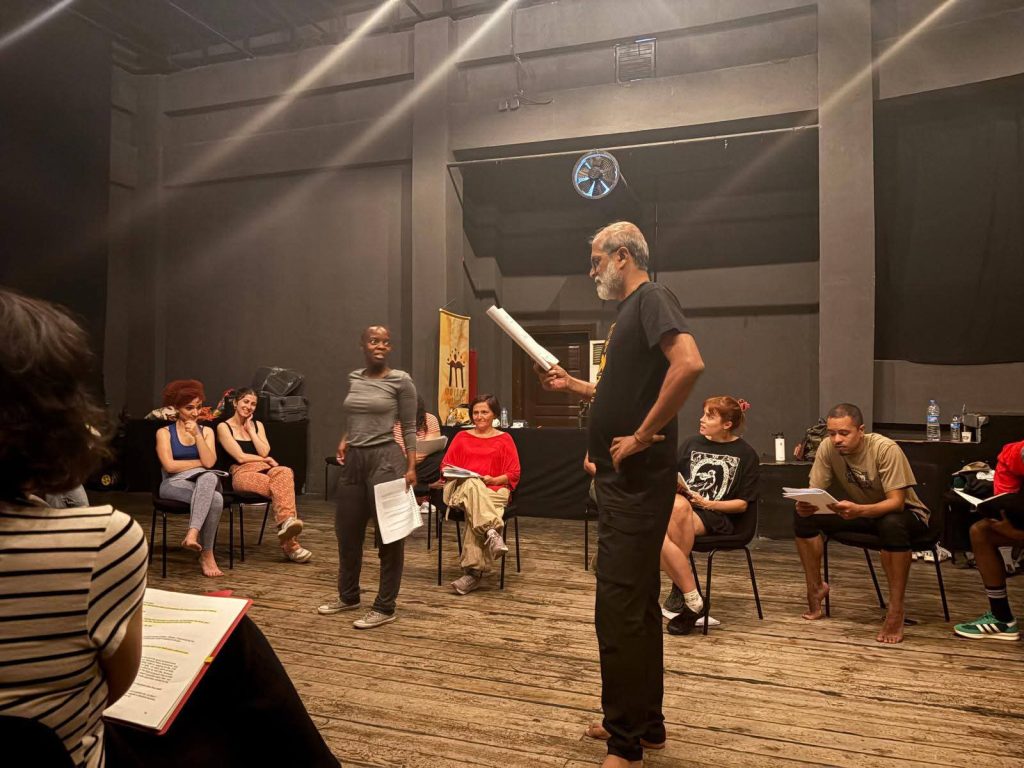Trainings and Workshops
Throughout his professional journey, Kazi Toufikul Islam has pursued a rich and varied training path that reflects his deep commitment to personal growth, global exchange, and continuous learning in the field of performing arts. His training portfolio spans more than two decades and includes both local and international workshops, residencies, and fellowships that have significantly shaped his artistic philosophy and professional approach.
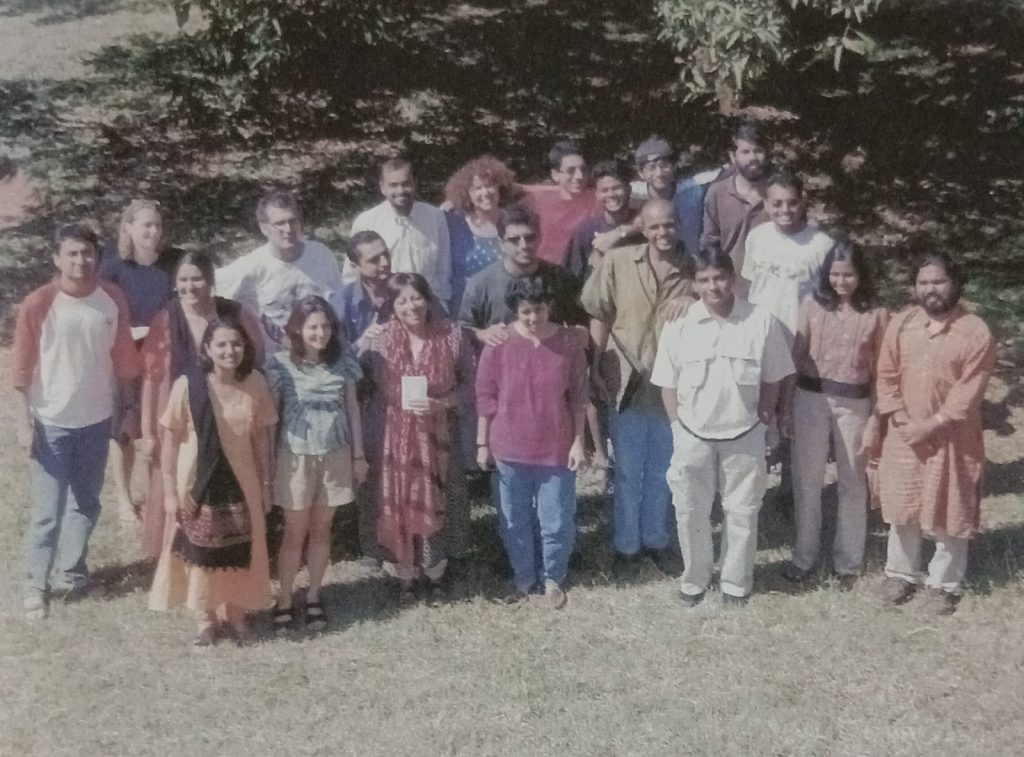
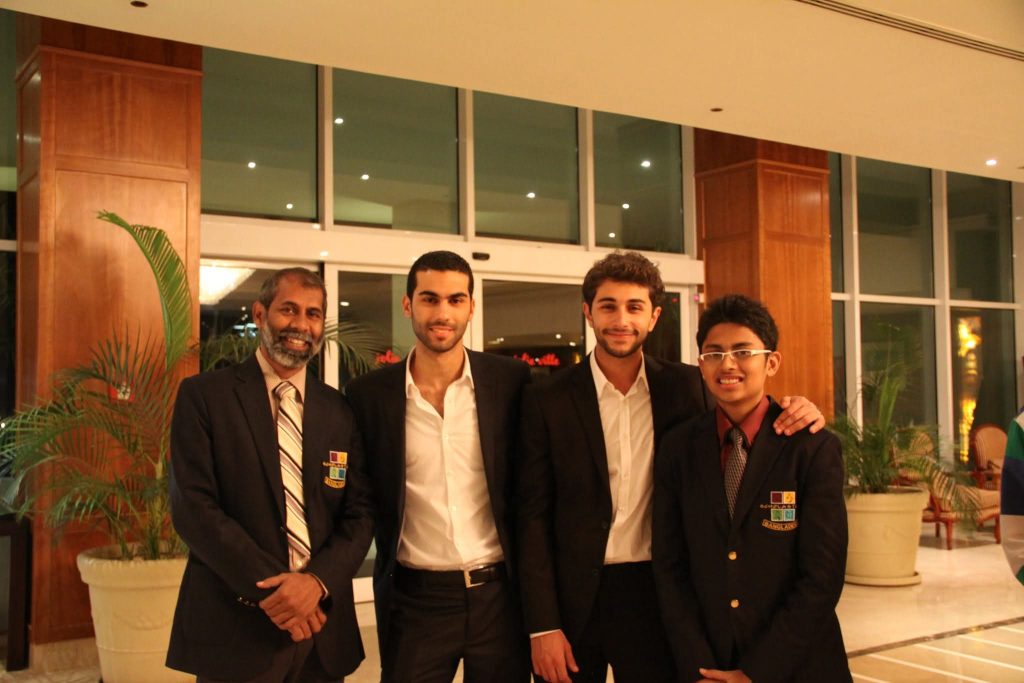
British Council workshops
Japan Foundation Theater Workshop
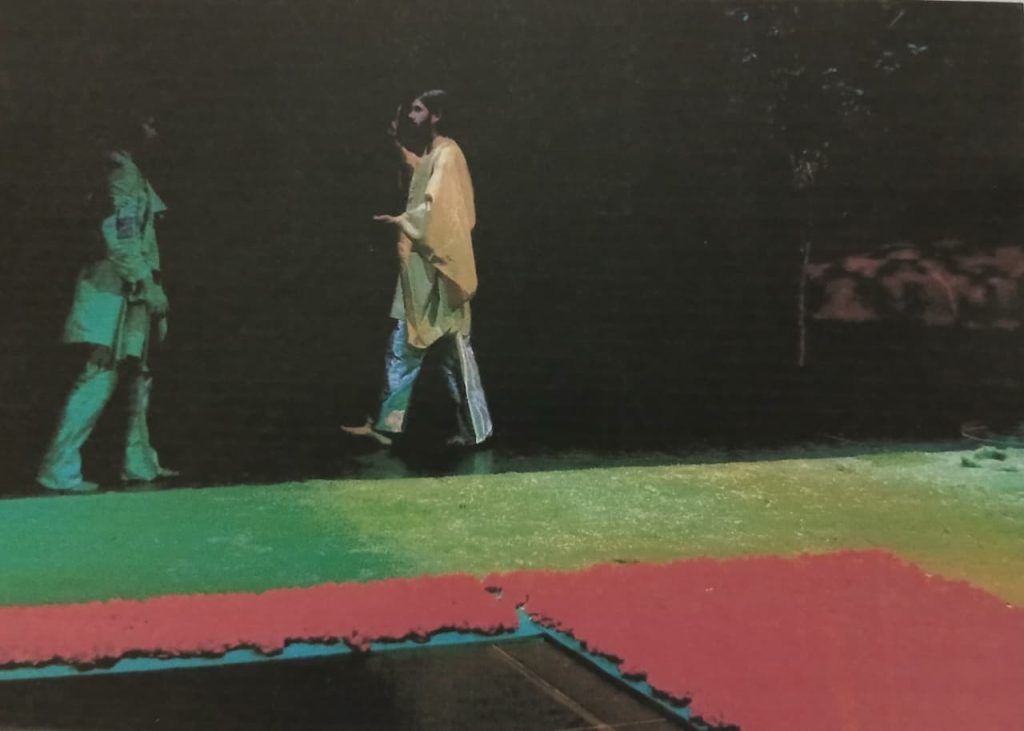
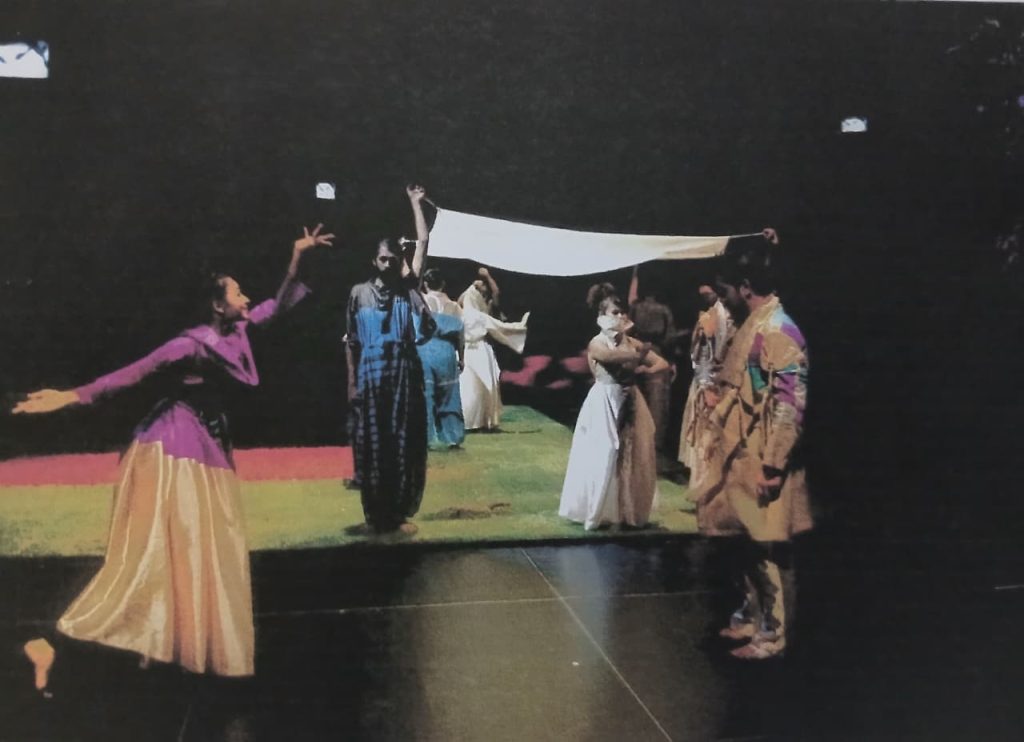
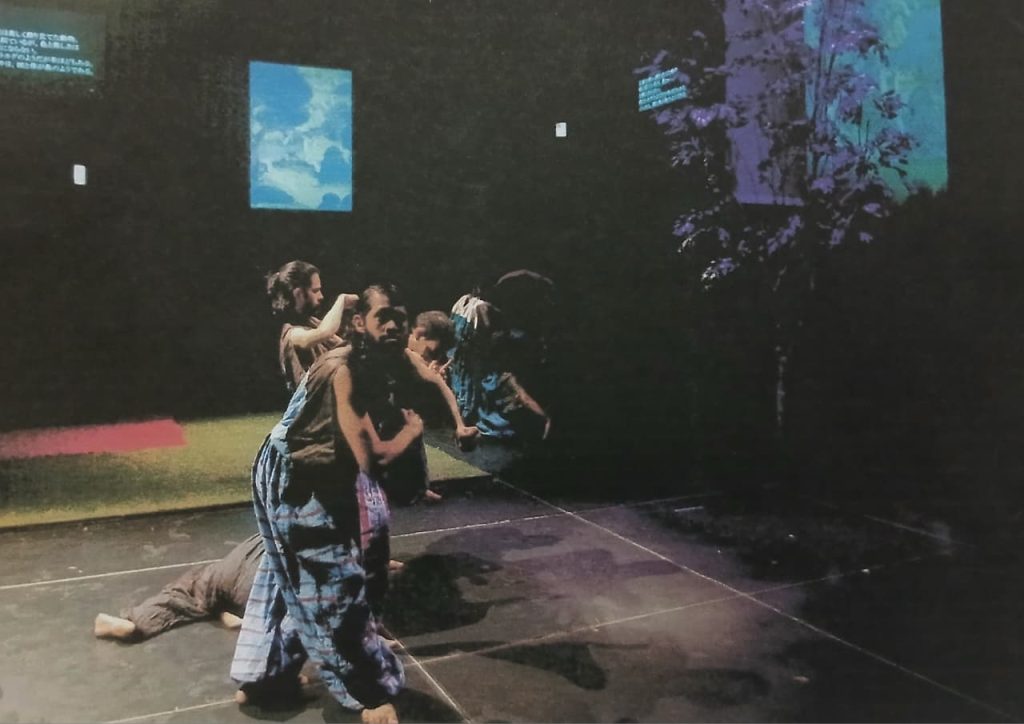
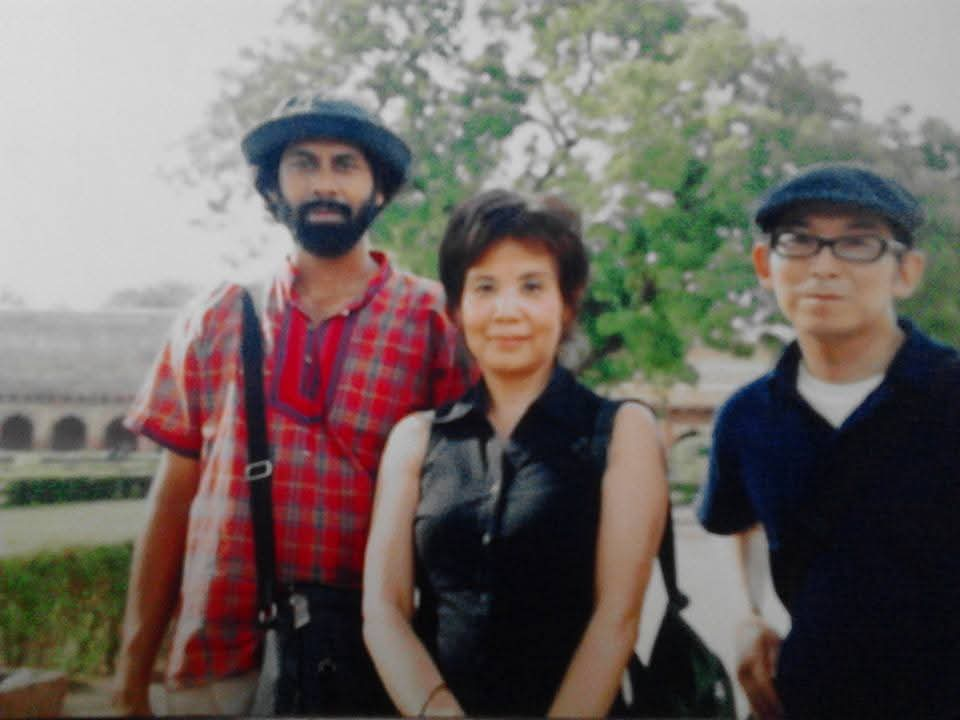


A landmark moment in his training career was the two-month intensive multimedia theatre workshop organized by the Japan Foundation in 2004. This program brought together theatre practitioners from five South Asian countries.
Bangladesh, India, Pakistan, Sri Lanka, and Nepal—and culminated in the collaborative production of a play where Toufikul portrayed the lead role of Gurunanak. The performance was staged in Tokyo and Kyoto, and later at the National School of Drama Theatre Festival in Delhi, India, in 2005.
This cross-cultural experience broadened his understanding of global performance styles and instilled in him a deep respect for multicultural collaboration in theatre.
Toufikul further deepened his acting expertise through rigorous skill-based training. In 2017, he attended an acting workshop conducted by Chekhov Theatre of Moscow, focusing on psychological gesture, ensemble dynamics, and body-mind alignment—core elements of the Chekhov acting method.
Workshop by Kaiulani Lee In 2015, he was trained by Kaiulani Lee, a Broadway actress and activist, in a week-long acting workshop that emphasized emotional authenticity, environmental storytelling, and solo performance. This workshop notably influenced his interest in eco-theatre and narrative monologues
Toufikul’s early exposure to international theatre came in 1997 through a month-long training program jointly hosted by UCLA (USA) and Bangladesh’s Aranyak Theatre. Facilitated by Professor Aimmy Trompeter from Barnard College, the program focused on devised theatre and culminated in the performance of Adab, in which Toufikul played the lead role.
Acting Workshop Chekhov Theatre of Moscow
Art Think South Asia (ATSA) Fellowship
Another milestone was his Art Think South Asia (ATSA) Fellowship in 2018, a prestigious opportunity that exposed him to contemporary arts management, curatorial practices, and cultural policy. The fellowship enabled him to engage with artists and curators across South Asia and the UK, enhancing his strategic thinking in arts leadership and program curation.
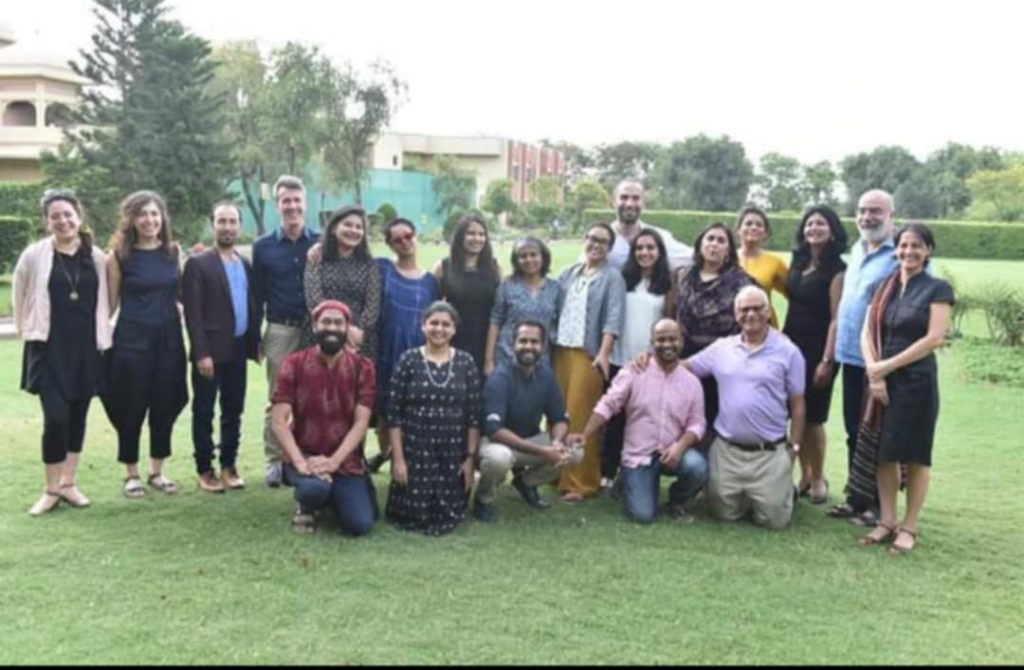
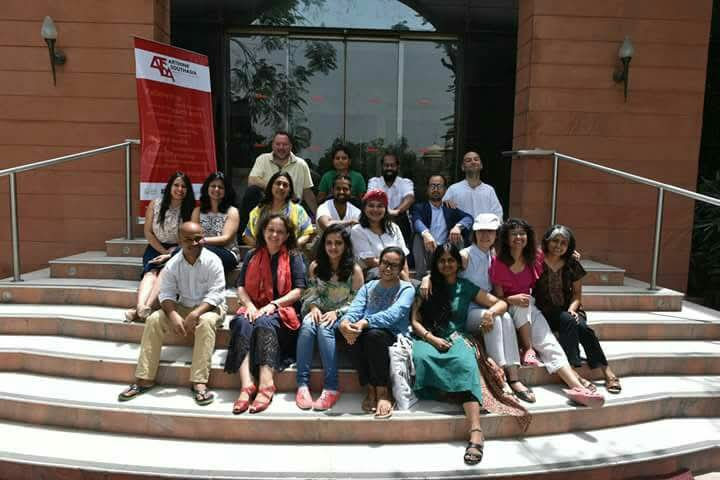
Complementing this was his participation in the Uronto Residential Art Exchange Program in 2019, a multidisciplinary platform in Bangladesh that connects art practitioners in heritage and community spaces. He also took part in the Uronto Art Exhibition in 2014, demonstrating his engagement with visual and installation-based work alongside performance.
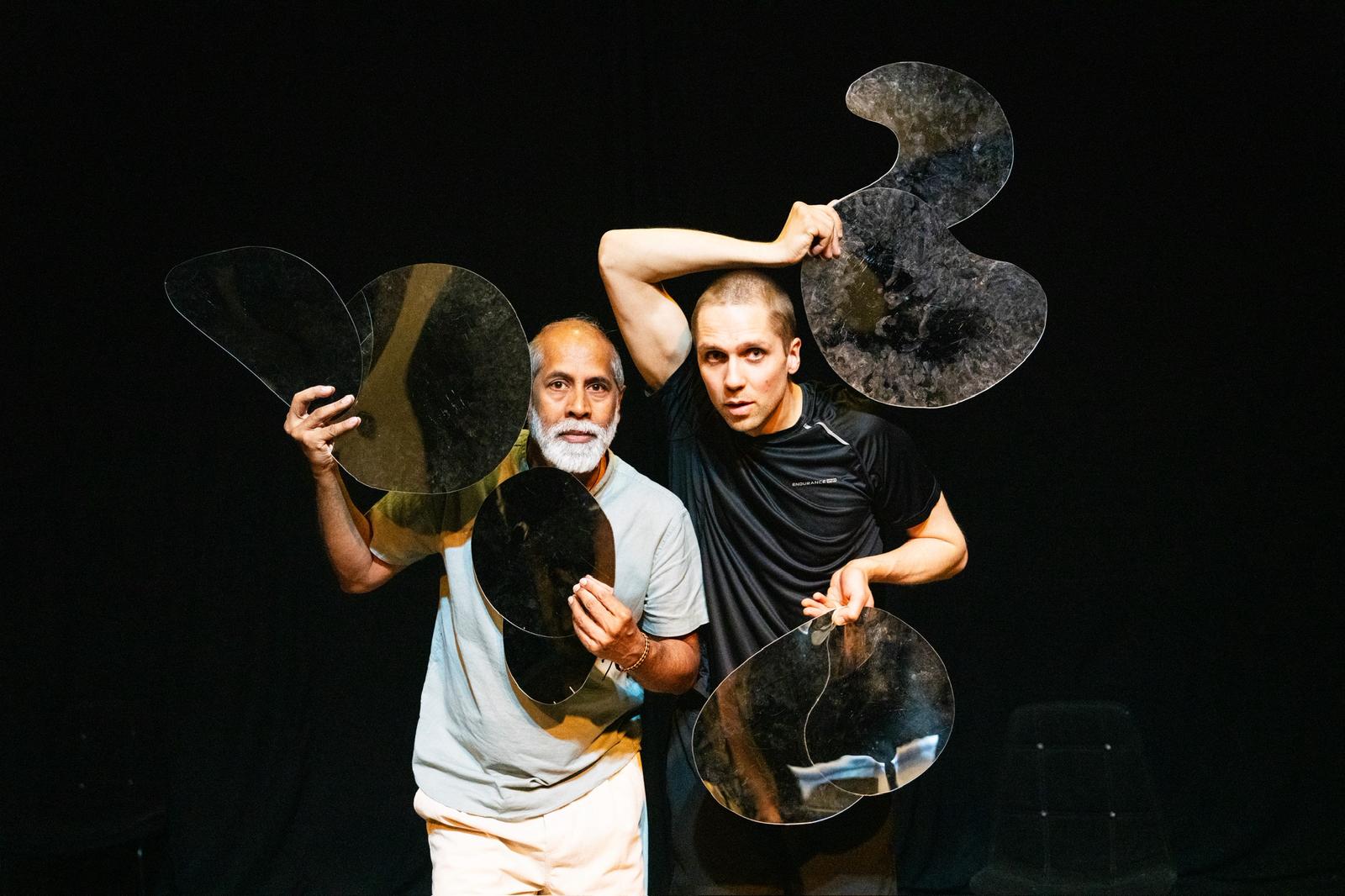
Together, these diverse trainings have provided him with a well-rounded foundation in both traditional and contemporary practices of theatre. They have honed his technical precision, conceptual depth, and cross-cultural fluency—qualities that distinguish him as an artist, educator, and cultural leader. His lifelong pursuit of learning continues to fuel his contributions to the theatre community in Bangladesh and beyond.
